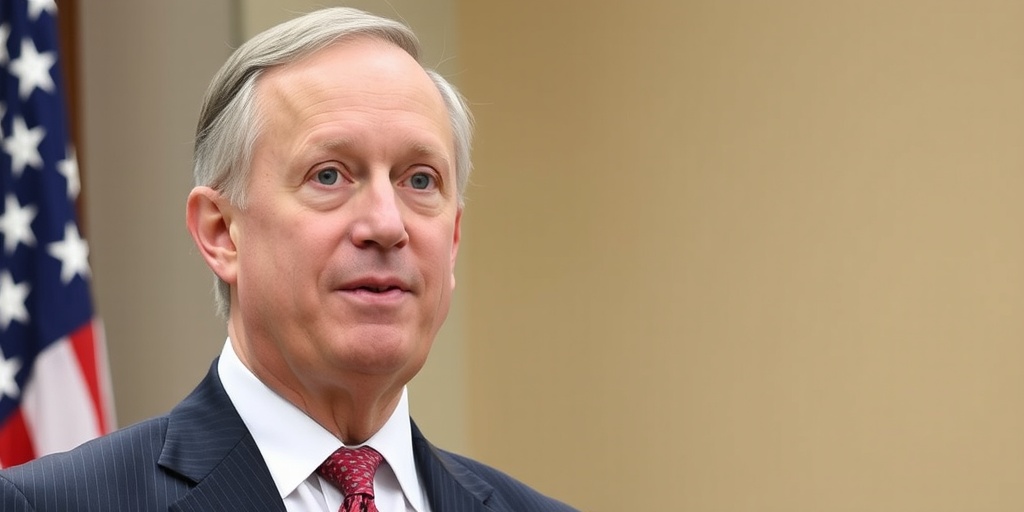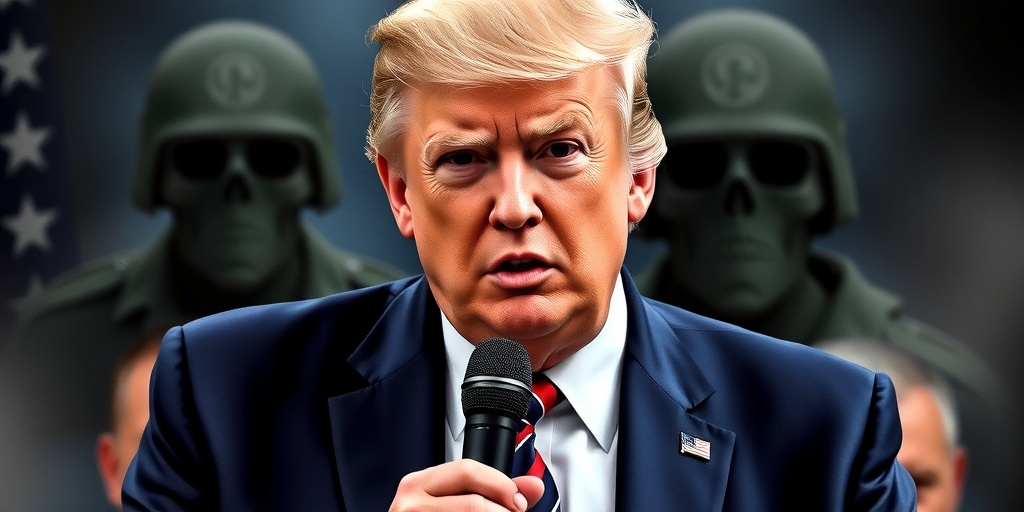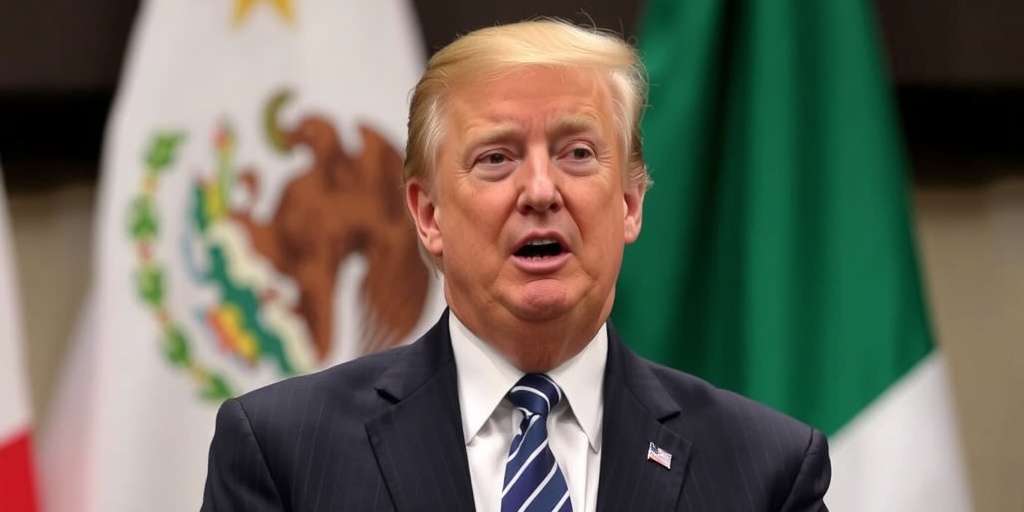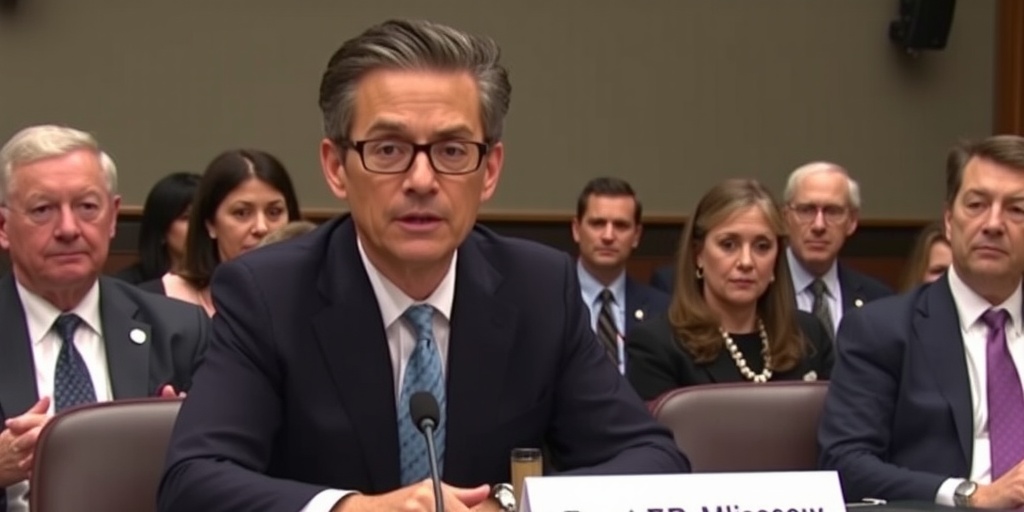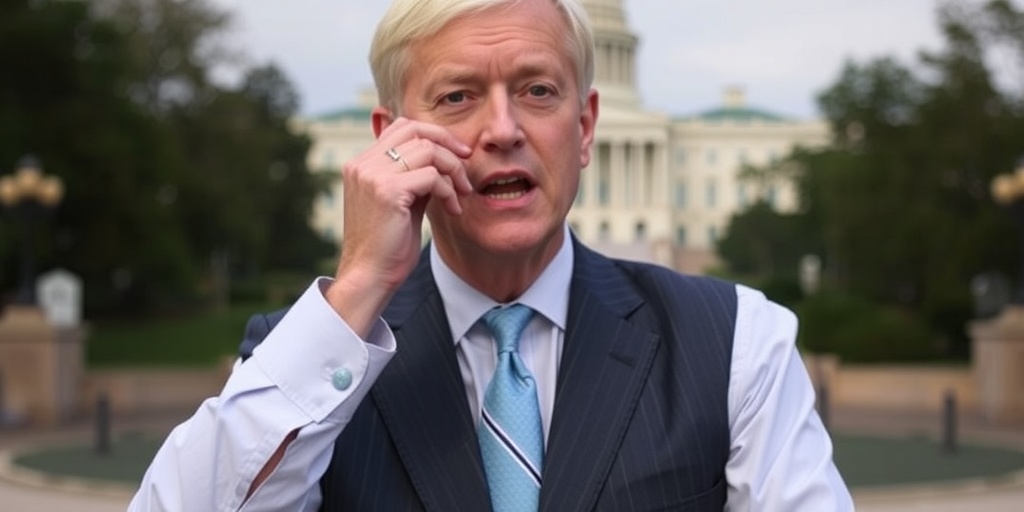Now Reading: Trump and DOGE Spark Anxiety Yet Present Opportunities for Federal Contractors
-
01
Trump and DOGE Spark Anxiety Yet Present Opportunities for Federal Contractors
Trump and DOGE Spark Anxiety Yet Present Opportunities for Federal Contractors
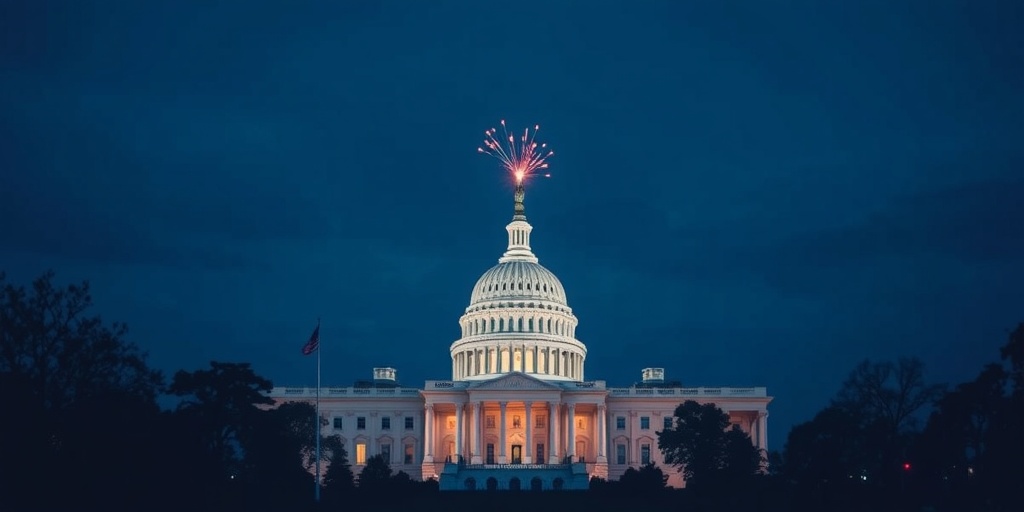
In recent developments within the federal contracting landscape, Leidos, a major contracting firm, reported revenues exceeding $16 billion last year, primarily through contracts with federal agencies such as the Department of Veterans Affairs (VA). This news comes at a time when significant budget cuts proposed by the Trump administration aimed at the VA raised concerns not only for the department’s employees but also for contractors heavily reliant on its contracts.
VA Secretary Doug Collins announced plans to cancel more than 850 contracts totaling nearly $2 billion as a part of the administration’s cost-cutting measures. His announcement, which included a call to cease hiring consultants for tasks like creating PowerPoint presentations and writing meeting minutes, initially painted a dire picture for contractors dependent on the VA’s budget. However, shortly after the proposed cancellations, the VA paused these cuts, stating that it needed to reassess the contracts to prevent any adverse impacts on services and benefits provided to veterans.
Experts in government contracting have suggested that the proposed reductions in VA personnel, with plans to cut 80,000 of its approximately 480,000 employees, may inadvertently lead to increased spending on federal contracts. This paradox stems from the idea that if the workforce is reduced without diminishing the agency’s essential functions—such as providing health care and benefits to veterans—contractors may bear the brunt of the workload. Stan Soloway, a former Defense Department official, emphasized, “If you cut people and you don’t cut the mission, you have to rely on other sources to do the work.”
Leidos, in a statement, expressed its support for enhancing government efficiency, emphasizing that delivering innovative solutions to reduce costs for taxpayers is central to its mission. However, the unpredictable climate fostered by the Trump administration and the initiatives led by Elon Musk has left the future of federal contractors shrouded in uncertainty.
Following the presidential election, the stock prices of public contracting firms such as Leidos and Booz Allen Hamilton dropped significantly. The acting head of the General Services Administration (GSA) urged federal agencies to review their contracts, particularly those that were deemed potentially nonessential, prompting further concerns amongst contractors focused on government business.
Despite this climate of uncertainty, there are indications that the administration’s stance may have softened. Reports suggest that after discussions with executives from major contracting firms, GSA officials acknowledged the continued value of their partnerships while aiming to reduce government spending without compromising essential services.
Stock analysts have expressed a balanced outlook toward federal contractors, suggesting that while short-term disruptions are likely due to ongoing changes, the medium to long-term trajectory could be favorable. Matthew Akers from Wells Fargo pointed out that the government had yet to cancel significant contracts and speculated that if there were easy cuts available, they would have already been executed.
Leidos has historically demonstrated resilience during shifts in government policy. Founded by a nuclear physicist in 1969, the company began its government contracting journey with initiatives related to nuclear simulations. Over the decades, the company has diversified significantly, operating in fields ranging from healthcare to cybersecurity, and has expanded through acquisitions.
As of now, Leidos continues to thrive even amidst proposed budget cuts. It also recently secured a contract with the VA for screenings validating veterans’ disability statuses, potentially positioning the company to grow its healthcare services in light of departmental reductions. Peter Kasperowicz, a VA spokesman, indicated that while some contracts will indeed be canceled as part of the effort to streamline operations, others will be created to enhance care and reduce redundancies.
Yet, there remains a level of caution regarding the future of federal contracting under the current administration. Historically, federal contracts have provided a stable revenue stream, albeit often with lower profit margins than private sector work. The fears of abrupt cancellations overshadow the predictability that contractors have long relied upon. With competitive pressures mounting, companies may begin to lower their expectations of contract values to account for these risks.
While the federal contracting industry has weathered crises in the past, including spending cuts resulting from political negotiations, the ongoing changes ushered in by the Trump administration present unique challenges and opportunities. Companies like Leidos, however, may find themselves in a strong position to adapt to the evolving landscape, potentially harnessing the changes to reinvigorate their contracts and maintain a viable business environment amid ongoing government scrutiny of expenditures.
Stay Informed With the Latest & Most Important News
Previous Post
Next Post
-
 01New technology breakthrough has everyone talking right now
01New technology breakthrough has everyone talking right now -
 02Unbelievable life hack everyone needs to try today
02Unbelievable life hack everyone needs to try today -
 03Fascinating discovery found buried deep beneath the ocean
03Fascinating discovery found buried deep beneath the ocean -
 04Man invents genius device that solves everyday problems
04Man invents genius device that solves everyday problems -
 05Shocking discovery that changes what we know forever
05Shocking discovery that changes what we know forever -
 06Internet goes wild over celebrity’s unexpected fashion choice
06Internet goes wild over celebrity’s unexpected fashion choice -
 07Rare animal sighting stuns scientists and wildlife lovers
07Rare animal sighting stuns scientists and wildlife lovers













